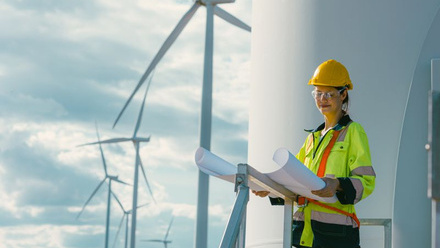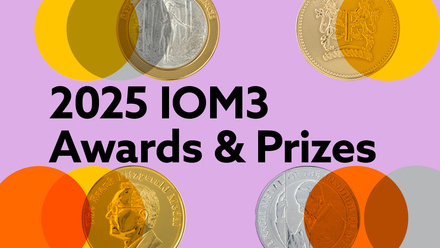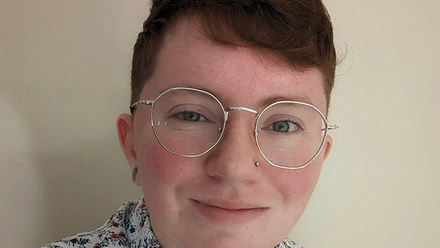Materials Matters - Prince Phillip and IOM3
A surprise meeting with the Duke and debate around climate change.
A few weeks ago, over pre-dinner drinks at the Royal Society, I was debating with two old friends whether Fred Hoyle or Desmond Bernal had been the more deserving of a Nobel Prize, when I noticed out of the corner of my eye that someone was trying to edge his way into our conversation. We were getting to an interesting conclusion and did not wish to be interrupted, so I tried to block the intruder and thought I had succeeded when I realised that, in fact, it was none other than the Duke of Edinburgh, accompanied by Royal Society President Martin Rees, who wished to speak with us.
The Royal Academy of Engineering
Prince Philip explained that he was starting his circulation of guests with our group as he had noticed that each of us sported a rather jolly floral tie whereas the rest of the assembly favoured subdued striped college, club or institute neck-ware. We didn’t know whether to be pleased or embarrassed.
I was introduced as someone who was also a Fellow of the Royal Academy of Engineering and this set the Prince off on an interesting account of how the Academy was inaugurated at a dinner party, rather like this one, in the early 1970s. The Prince has indeed played an important part in the creation of the Academy, mirroring the role of King Charles II in the formation of the Royal Society in the 1660s. He was pleased with the Academy’s progress but regretted that today so few young people wish to take up engineering courses at our universities.
The function we were attending was a regular meeting of the Royal Society Club which always consists of a dinner followed by a general discussion of a scientific topic. The Prince is a club member but attends so rarely that he is allowed to decide the subject for discussion – he chose climate change.
Immediately after the dinner, the Executive Secretary gave us some details of the astonishing discovery, during the clearing of a private house, of a 520-page manuscript in Robert Hooke’s own hand comprising the minutes of Royal Society meetings and accounts of debates and discoveries within the period 1661 to 1691. It appears that the suggestion that the manuscript actually belongs to the Royal Society is unlikely to be supported so the Society will have to bid for it at auction and the price might well exceed a million pounds.
Discussion of global warming
Sir John Houghton, formerly chief executive at the Meteorological Office, launched the discussion on global warming. The 50 Fellows of the Royal Society present embraced a wide range of expertise and the subsequent debate was of the highest quality. It was a private meeting so, even if I had the space, I could not give a detailed account of our discussion. I can though attempt to convey the profound feeling of despair I felt at the end of the meeting and as a result of my subsequent reading.
The Antarctic ice sheets are melting and there are signs that the Gulf Stream will switch itself off and make London as cold as Moscow. The deserts are expanding and the sea level rising in spite of the fact that many of our greatest rivers – the Nile, Yellow River, Indus, Rio Grande, Colorado, Murray and Jordan – become exhausted before they reach the sea. At the same time, Britain’s emissions of carbon dioxide are higher now than they were in 1990 – the benchmark year for the Government’s targets.
By the end of the meeting our jolly floral ties seemed even more inappropriate.







